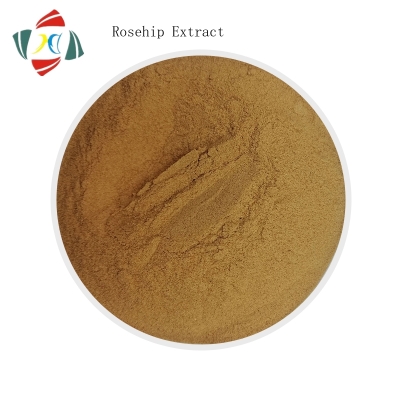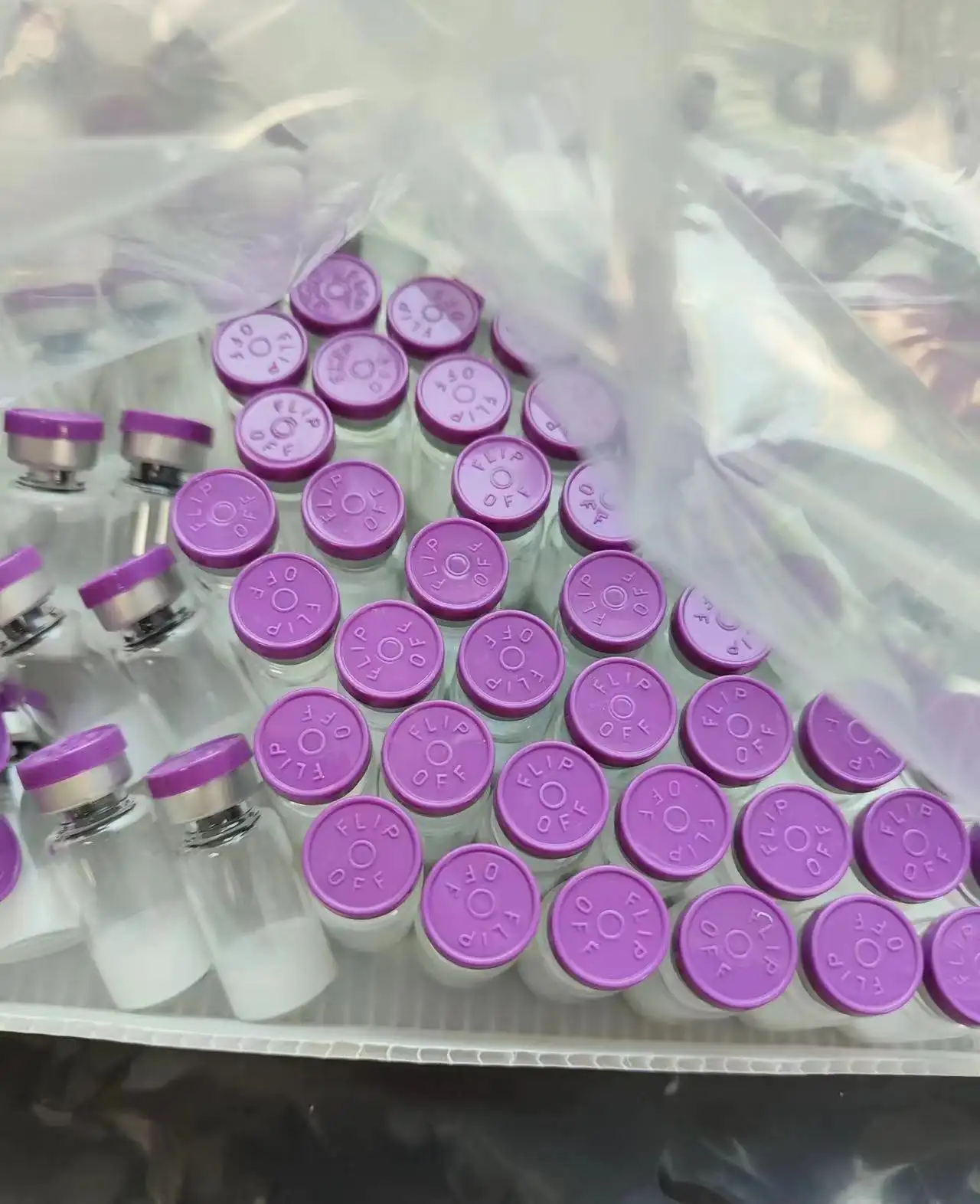-
Categories
-
Pharmaceutical Intermediates
-
Active Pharmaceutical Ingredients
-
Food Additives
- Industrial Coatings
- Agrochemicals
- Dyes and Pigments
- Surfactant
- Flavors and Fragrances
- Chemical Reagents
- Catalyst and Auxiliary
- Natural Products
- Inorganic Chemistry
-
Organic Chemistry
-
Biochemical Engineering
- Analytical Chemistry
- Cosmetic Ingredient
-
Pharmaceutical Intermediates
Promotion
ECHEMI Mall
Wholesale
Weekly Price
Exhibition
News
-
Trade Service
3, 2021 // -- In a recent study published in the international journal Nature Communications, scientists from the University of Birmingham and others have revealed how "weak" cells combine with more mature cells to promote insulin production in the body, which may improve researchers' understanding of the pathogenesis of type 2 diabetes and provide new ideas for new treatments for major health problems facing the global population.
Diast diabetes occurs when pancreatic β cells are unable to release enough insulin, a tightly controlled process that requires hundreds of these cells to come together to coordinate their responses to food signals, such as sugars, fats and gut hormones.
study, researchers found that immature pancreatic β cells could overcome a relative lack of insulin by collaborating with "strong" copy cells to drive insulin release. in the
paper, the researchers revealed small differences between PDX1 and MAFA protein levels in pancreatic β cells, and more broadly in the degree of maturity of β cells, which determines the function of the insulin-producing cell population, the islet.
researcher David Hodson said the study showed that by analyzing the levels of PDX1 and MAFA proteins to clarify β cell maturity differences, it is β necessary for proper insulin release;
Photo Source: CC0 Public Domain restores islet function in metabolic stress conditions (excessive sugars and fats in the diet) by correcting the balance between immature and mature islet β cells, while also providing evidence that "weak" and "strong β cells may promote proper islet function and release of insulin.
In this study, researchers observed for the first time that immature cells may promote the regulation of insulin release in islets, and the relevant studies may provide a promising research direction for making islets more resilient during the onset of type 2 diabetes, or producing new islets in petri dishes for transplantation.
Normally, mature and immature pancreatic β cells coexist with the incoming islet tissue, and the researchers divide these β cells into sub-groups based on differences in specific gene and protein levels, and immature β cells are often considered insecremental when they are single cells.
researchers found that islet tissues of β cells that contain more PDX1 and MAFA proteins proportionally tend to exhibit defects in cellular function, such as cell metabolism, ion channels, and insulin secretion, and that by maintaining levels of a mixture of weak" and "strong" β cells may be critical to the effective production and release of insulin.
() Original source: Nasteska, D., Fine, N.H.F., Ashford, F.B. et al. PDX1LOW MAFALOW β-cells contribute to islet function and insulin release. Nat Commun 12, 674 (2021). doi:10.1038/s41467-020-20632-z







